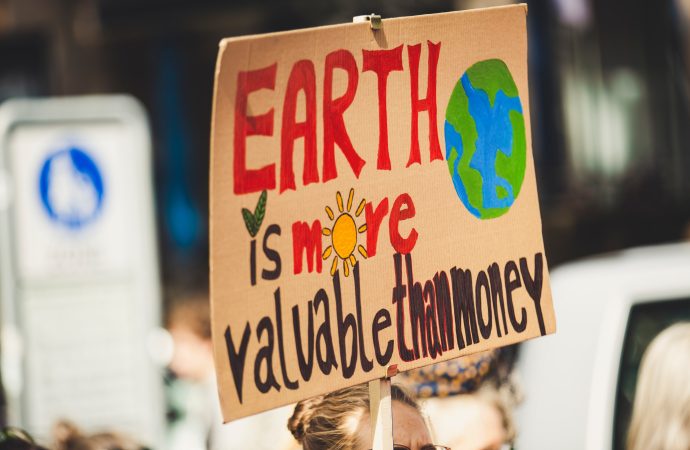Introduction: The release of the latest United Nations (UN) report on the state of our planet has once again brought to light the urgent need for action to address pressing environmental issues. The report, compiled by an international team of scientists and experts, provides a comprehensive assessment of the current state of our ecosystems,
Introduction:
The release of the latest United Nations (UN) report on the state of our planet has once again brought to light the urgent need for action to address pressing environmental issues. The report, compiled by an international team of scientists and experts, provides a comprehensive assessment of the current state of our ecosystems, the impact of human activities, and the potential consequences for the future. In this article, we will delve into the key findings of the report and explore what they mean for the future of our planet.
The State of our Ecosystems:
The UN report paints a stark picture of the deteriorating state of our ecosystems. It highlights the alarming rates of deforestation, the loss of biodiversity, and the degradation of natural habitats. Human activities, including industrialization, intensive agriculture, and pollution, have taken a toll on our planet’s delicate balance. The report emphasizes that without immediate action, we risk irreversible damage to the ecosystems that support life on Earth.
Climate Change and Rising Temperatures:
A significant focus of the report is on climate change and its consequences. The findings reaffirm that human-induced greenhouse gas emissions are driving global warming, resulting in rising temperatures and extreme weather events. The report underscores the need to limit global warming to 1.5 degrees Celsius above pre-industrial levels to avoid catastrophic impacts. However, current trends indicate that we are on track to surpass this target, highlighting the urgency for ambitious climate action.
Loss of Biodiversity and Species Extinction:
The UN report highlights the unprecedented rate of species extinction and the loss of biodiversity. Human activities such as habitat destruction, overexploitation, and the introduction of invasive species have pushed many species to the brink of extinction. The report warns that the loss of biodiversity not only threatens ecosystems but also has profound implications for human well-being, including food security, clean water availability, and climate regulation.
The Role of Human Activities:
The report makes it clear that human activities are the primary drivers of environmental degradation. It stresses the need for a fundamental shift in our relationship with nature, calling for sustainable practices and the adoption of green technologies. The report also acknowledges the importance of social and economic factors in driving change, emphasizing the need for equitable and inclusive solutions.
The Call for Immediate Action:
Perhaps the most significant message of the UN report is the call for immediate action. The findings emphasize that the window of opportunity to address these issues is rapidly closing. Urgent and transformative measures are required at all levels, from individual actions to global cooperation. The report stresses the need for policy changes, investment in sustainable technologies, and a shift towards a circular economy to ensure a sustainable future for our planet.
Challenges and Opportunities:
While the challenges ahead are immense, the report also highlights the opportunities for positive change. It emphasizes that addressing environmental issues can go hand in hand with economic growth, job creation, and improved quality of life. Transitioning to clean energy, investing in nature-based solutions, and promoting sustainable consumption patterns can all contribute to a more resilient and prosperous future.
Conclusion:
The latest UN report serves as a wake-up call for humanity. It highlights the urgent need for action to address environmental degradation, climate change, and the loss of biodiversity. The findings underscore the profound impact of human activities on our planet and emphasize the need for a collective response. As we navigate the challenges ahead, it is crucial that we embrace sustainable practices, foster innovation, and prioritize the well-being of both present and future generations. The time for action is now, and our planet’s future depends on the decisions we make today.

















Leave a Comment
Your email address will not be published. Required fields are marked with *